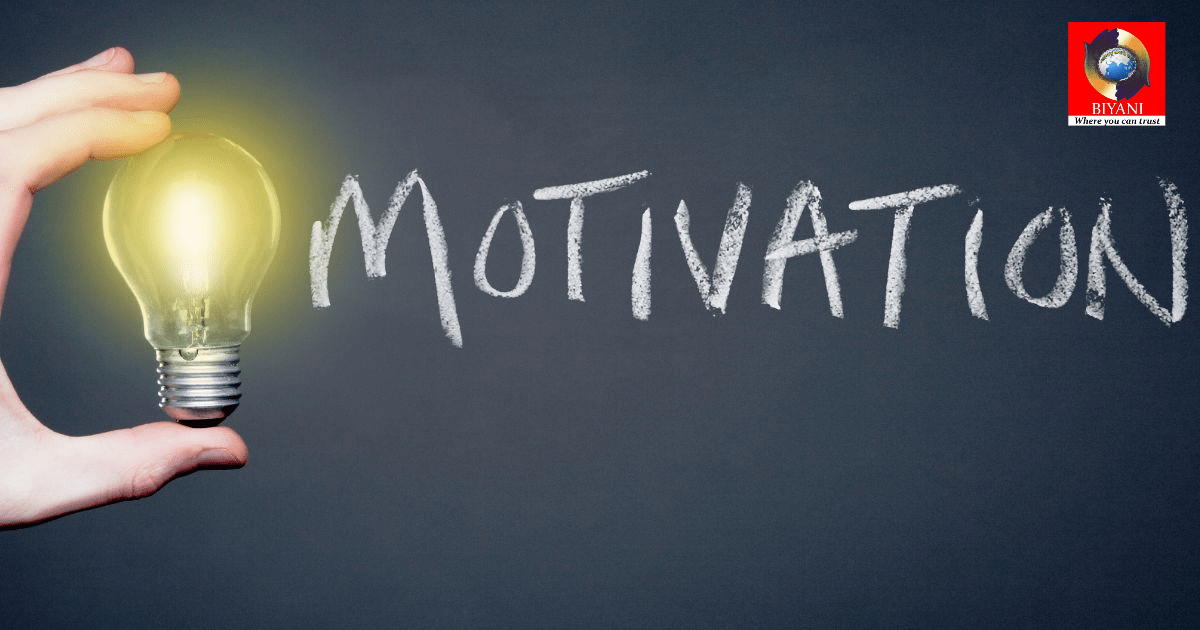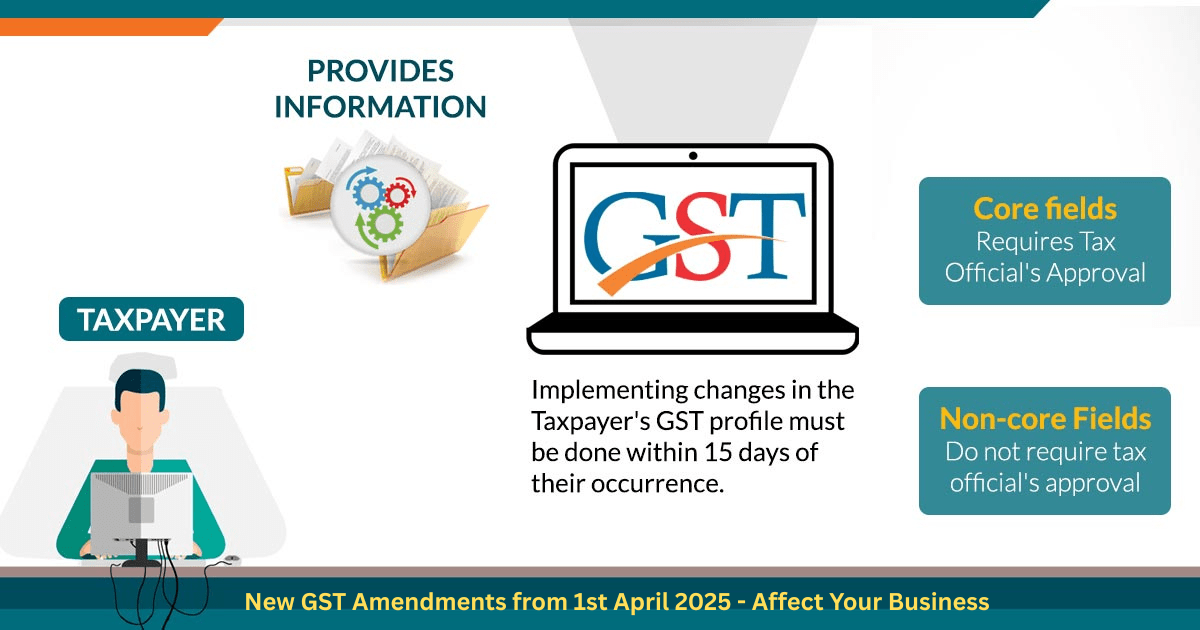Bridging the gap between Industry and Academia
Department of Biotechnology, Biyani Girls College provides a comprehensive and immersive practical training experience in Biotechnology, allowing B.Sc/B.Tech/M.Sc/M.Tech students to acquire mastery in the field. The objective of the Biotechnology Industrial Training Programme is to offer industry-specific training to students which is a blend of academic knowledge with diversified industrial and practical experience and exposure. This program aims to enhance their skills and increase job opportunities in the biotechnology industry.
After the advent of COVID, the Indian Biotechnology sector is more rapidly growing and playing a vital role in shaping the country’s economy. Skilled manpower is highly valued in the biotechnology industry, and there is a strong emphasis on recruiting the right individuals who have both academic and practical knowledge. The primary objective of this program is to offer industry-specific training to students, focusing on skill development. This program is specifically designed to provide students with valuable hands-on training experience, thereby significantly enhancing their prospects in the biotechnology industry job market. To achieve this, every possible effort is made to instill a research-oriented mindset and cultivate a positive work culture among the students. The training is carefully planned, executed, and evaluated to ensure its effectiveness.
Highlights
Eligibility
Contact Us
Modules
1. Availability of cutting-edge biotechnology lab with Japanese tools and techniques.
2. Hands-on training with the latest tools and technologies in the field.
3. Opportunity to involve in Government Funded Research Projects.
4. Opportunity to work with Biyani’s incubated start-up ‘Biyani BioSolutions Pvt. Ltd.’.
5. In-depth coverage of industrial biotechnology concepts, principles, and practices.
6. 30-45 days/ 6 months certification program that meets the curriculum requirement.
7. Orientation to the introduction of research and research practices.
8. Heightened confidence and proficiency in applying biotechnology principles and techniques.
9. Potential for increased earning potential and job stability within a thriving industry.
10. Certification after successful completion of the training/ project work.



